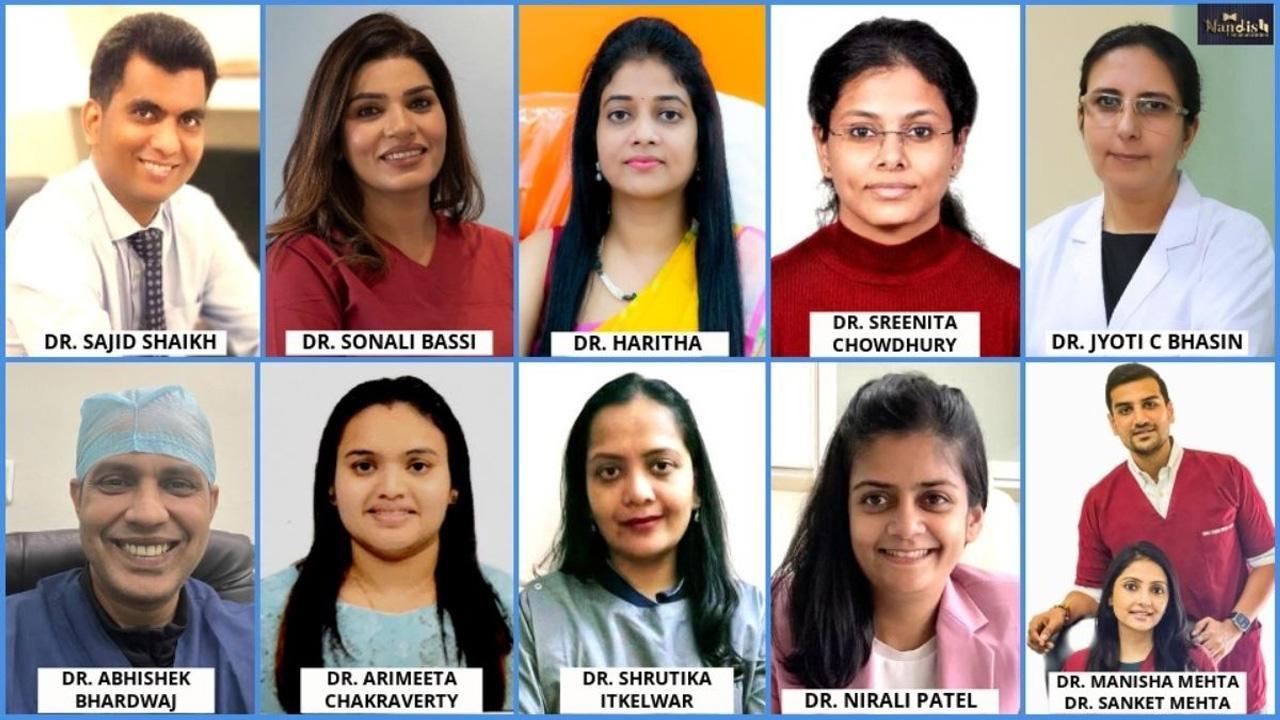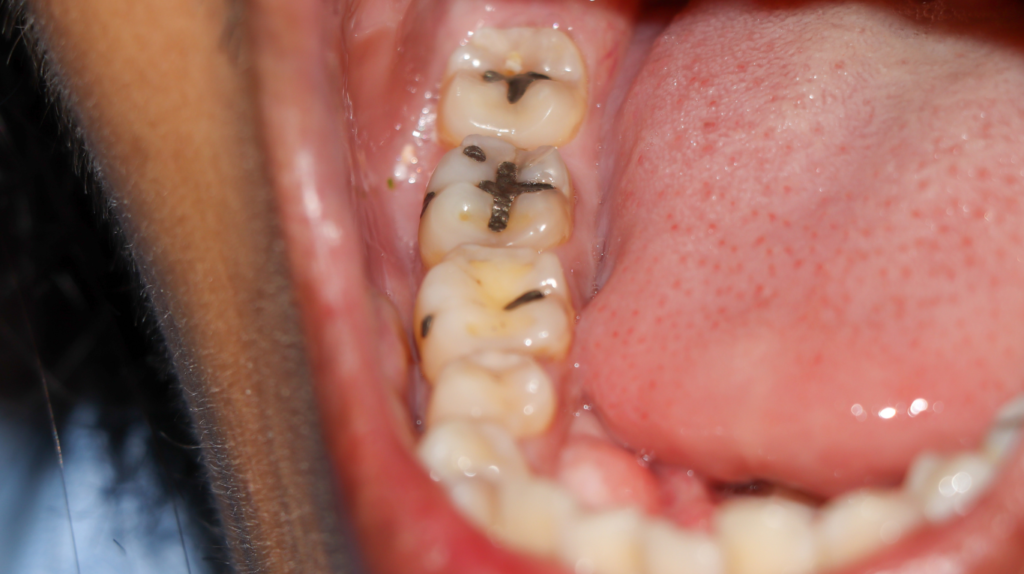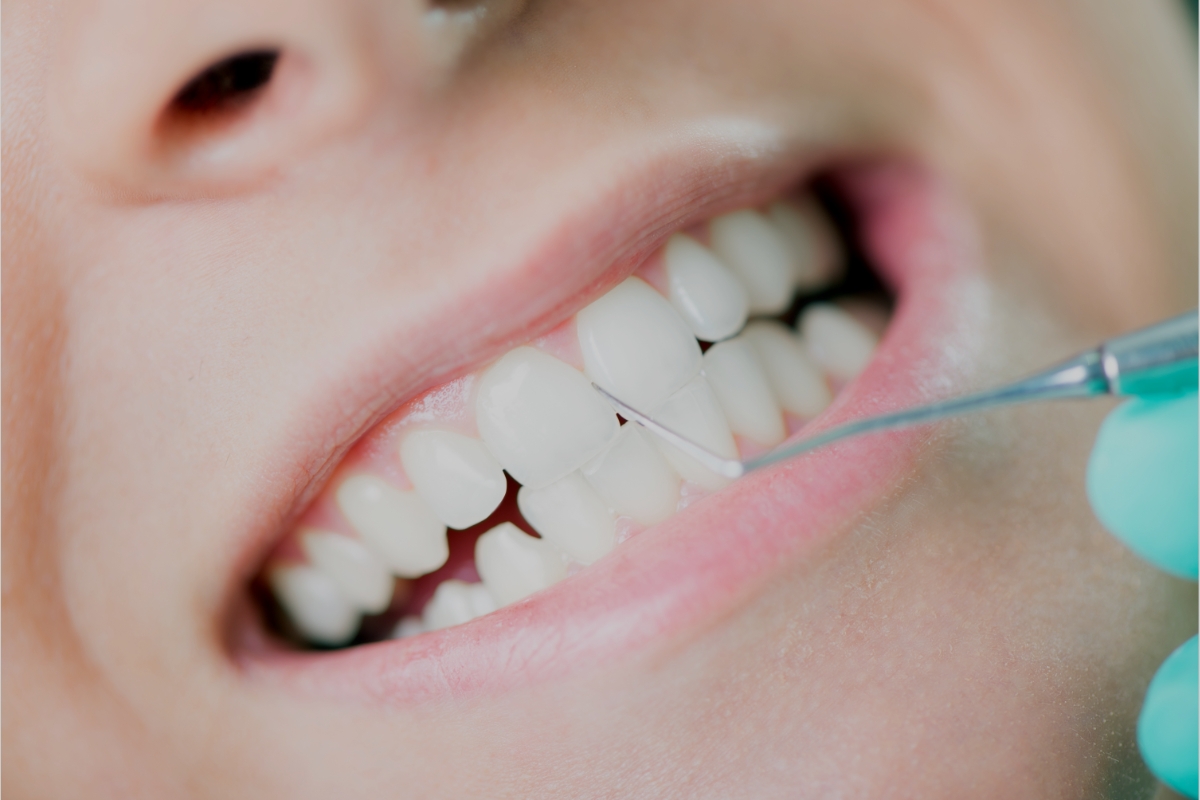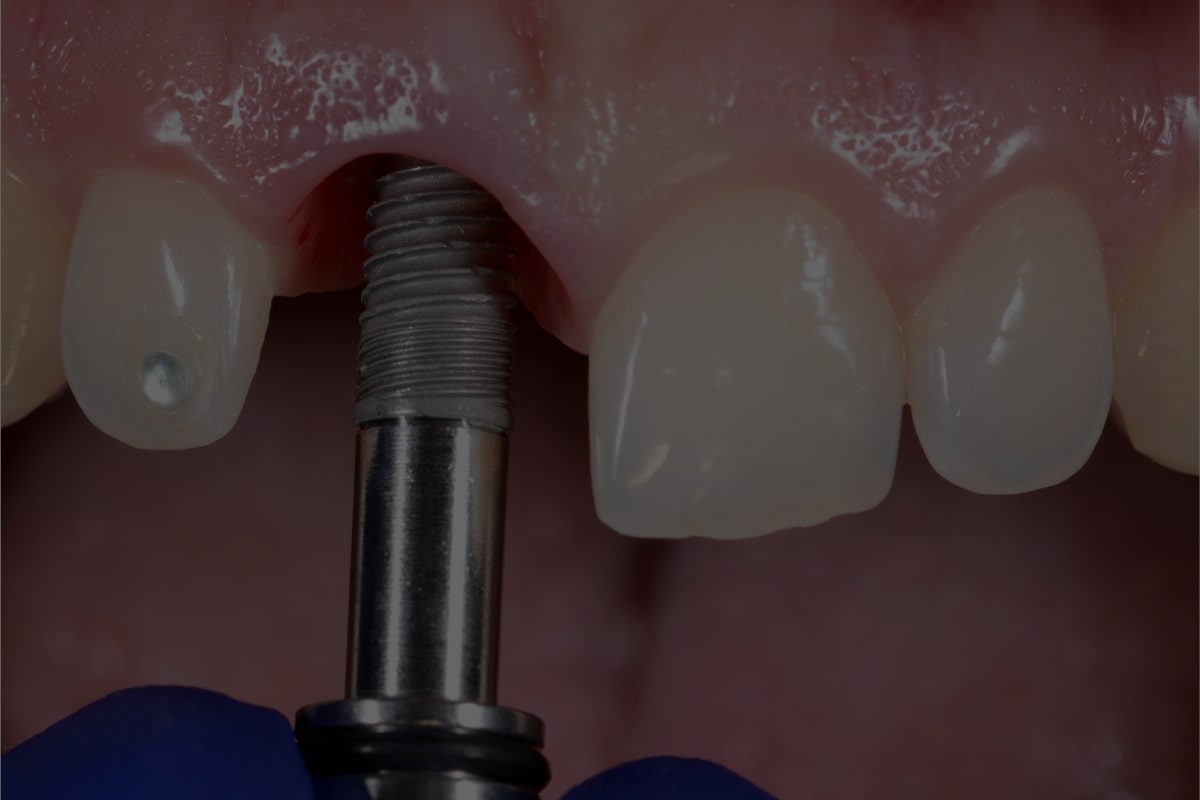10 Best Dentists Share Advice to Prevent the Risk of Oral Cancer at the Early Stage

Sonali Bassi,
BDS, Chief Consultant Surgeon, Oracare Cosmetic Dental Clinic, Gurgaon
The vital cause of oral cancer is commonly the use of tobacco. Excess alcohol increases the risk of oral cancer from twofold to sixfold within the oral cavity. Chronic trauma from sharp teeth, dentures, and poor nutrition may also contribute to oral cancer. We can reduce the risk of oral cancer by stopping the use of tobacco, getting regular checkups by a dentist, and being aware of dental hygiene and changes in the mucosa of the mouth. The early preclinical invasive cancer present as small painless ulcers, nodules, or growth through visual inspection and palpation of oral mucosa can help us detect the early stages of this disease and treat it on time. Primary radiotherapy with complete surgical accession of the lesion is an option for locally advanced tumours without bone involvement. Surgery followed by postoperative radiotherapy is preferable for patients with infiltrative tumours.
2. Sajid Shaikh,
MDS, Consultant and Lecturer, Observer – Tata Memorial Hospital, Smile 4U Family Dental Clinic, Mumbai
Stop using tobacco, whether smoked or chewed. Also, excessive alcohol consumption can irritate the cells in your mouth, making them vulnerable to mouth cancer. Protect the skin on your lips from the sun by staying in the shade whenever possible. Applying sunscreen with an optimum SPF is part of your routine sun protection regime. Any ulcer, swelling or disfigurement in the mouth or maxillofacial region that prolonged more than 15 days should be consulted by a specialist. The grinding of any sharp tooth or any prosthesis which is impinging on the soft tissues of the mouth should be done immediately. As part of a routine dental exam, ask your dentist to inspect your entire mouth for abnormal areas that may indicate mouth cancer or precancerous changes.
3. Arimeeta Chakraverty,
BDS, MDS, Oral & Maxillofacial Surgeon, Teeth Care Multispeciality Dental Clinic, Kolkata
Oral cancer is a type of cancer that develops in the mouth, throat, or tongue and then spreads throughout the body. The risk rises when someone smokes, uses tobacco, or drinks alcohol excessively. A doctor can diagnose oral cancer by examining the mouth, throat, and neck area.
Smoking and Tobacco chewing is the most common causes of oral cancer in India. Early diagnosis and treatment can lead to a successful recovery.
Generally, it starts usually with mild pain, swelling, bleeding from the mouth, difficulty swallowing, and changes in speech. The most common surgeries for oral cancer are Primary tumour surgery, Glossectomy, Mandibulectomy, Maxillectomy, Neck dissection & Reconstruction. Those Surgeries are done only once the diagnostic tests like Biopsies and histopathology reports are positive for cancer.
4. Sreenita Chowdhury,
MDS, Preventive & Paediatric Dentistry, Founding Partner – Smileoracles Dental Clinic, Delhi
During regular dental visits, your dentist also checks for signs of oral cancer and pre-cancer. There are many diagnostics aids available to screen the oral cavity for cancer and pre-cancer that detect them at early stages and treat them effectively. A few things that patients can do to prevent oral cancer are avoiding tobacco and alcohol and regular intake of spicy food. Get their ill-fitting dentures, crowns, and bridges replaced, get that sharp tooth that causes repeated cuts on the cheeks or tongue treated, have a healthy diet and lifestyle, and get a regular dental checkup done every six months.
5. Jyoti C Bhasin,
BDS (MCODS, Mangalore), Microendodontist (USA), Associate Fellow AAID, Digital Smile Designer, Tooth and Gum Dental Clinic, Agra and Delhi
Oral Cancer is normally seen due to excessive use of Tobacco in any form and alcohol. The other most important thing to remember is to watch out for non-healing ulcers of the cheek and tongue and underlying medical involvement. Excessive loss of teeth height due to wear of teeth and their sharp margins can also lead to slower healing of mouth ulcers and cheek bites.
Prevention of oral cancer -watch out for ulcers and red-white patches in the oral cavity which don’t heal for more than 2 weeks, repeated cheek and tongue bites, uncontrollable diabetes, and tobacco abuse in the form of khaini, gutka, supari, bidi, cigarettes. Visit your dentist regularly for oral cancer screening.
6. Shrutika Itkelwar,
BDS, Implantologist (FICOI) & Chief Clinician, Dentinix Multispeciality Dental Clinic, Bangalore
Oral cancers are a cancer of the oral cavity and or pharyngeal cancers. They can prevent altogether with sensible self-care and healthy life choices. A few preventive measures are, Avoiding Smoking and Tobacco or passive smoking as they can cause cancer named Leukoplakia. Drink alcohol in moderation and see your dentist diagnose early signs of cancer. Get vaccinated for HPV to prevent oropharyngeal cancer. Shield your lips from the sun. Preventing oral cancer and early diagnosis has a better chance of getting successfully treated.
7. Abhishek Bhardwaj,
BDS, MDS, MomsRcps, (Glasgow), FICD(USA) Oral and Maxillofacial Surgeon, Abhirachna Dental Clinic, Delhi
Oral cancer is one of the crucial forms of cancer in India. It is one of the deadliest forms of cancer. The incidence of oral cancer is the 3rd highest occurring case in India.
Oral Cancer happens predominantly among people the use tobacco and alcohol. Tobacco, in any form, be it smoke or smokeless – Khaini or gutkha is harmful. Oral cancer mostly starts as a white patch in the oral cavity that can be associated with the usage of tobacco. Many patients have recurrent trauma to the cheek mucosa because of the wisdom tooth erupting in a faulty case.
For any ulceration of the oral cavity which is not healed for two weeks, consult with the dentist. The prognosis of oral cancer depends on the stage it is diagnosed. Therefore, a patient diagnosed at the early stage would have a better recovery rate.
8. Nirali Patel,
BDS, PGDHHM, Cosmetic Dentist & Implantologist, PG Oral Implantology, PG Aesthetic Dentistry, Manipal Smile Craft Dental Studio Satellite, Ahmedabad
Mouth cancer falls under the umbrella term “cancers of the head and neck.”
The outlook for mouth cancer varies depending on the area of the mouth affected and the degree of its spread into the surrounding tissue.
If diagnosed early, a complete cure is often possible in up to 9 in 10 cases using surgery alone. If the cancer is extensive, there’s still a good chance of a cure, but surgery should be followed by radiotherapy or a combination of radiotherapy and chemotherapy. Advancements in the medical field have resulted in much-improved cure rates. Overall, around 6 in 10 people with mouth cancer will live for at least 5 years after their diagnosis, and many will live much longer without recurrence.
9. Haritha,
BDS, Implantologist, Dr Haritha Tooth Align Multi Speciality Dental Clinic and Implant Centre, Bangalore
Oral cancer is the 11th most common cancer, mainly involving; Lips, Mouth, Tongue, Gum, Floor of mouth, Palate, and Lymph node enlargement.
Regular dental visits help in the early detection of oral cancer. Oral cancer has long preclinical phase precancerous lesions, including Leukoplakia, Erythroplakia, OSMF, Lichen planus and chronic traumatic ulcer. Regular physical examination and biopsy in precancerous patients help to prevent oral cancer. Assessment of the oesophagus, larynx and lymph nodes is recommended. Tobacco cessation, HPV vaccination for HPV-induced oral cancer, a healthy diet and polishing sharp traumatic teeth help to prevent oral cancer in its early stage.
Early detection not involving lymph nodes can be treated and cured with surgery or radiotherapy with no functional or cosmetic defects. Once the diagnosis is confirmed, TNM assessment is done, and treatment is done.
10. Dr. Manisha Mehta & Dr. Sanket Mehta,
BDS (Mumbai), Cosmetic/ Aesthetic Dentist, Implantologist, Dental Surgeon, Smile Studio Dental Clinic, Mumbai
Poor oral hygiene can increase your risk of developing mouth and throat cancer. Mouth and throat cancer is usually associated with heavy drinking, tobacco use, and betel nut chewing. These are carcinogenic, and they can damage the DNA of cells, eventually leading to cancer.
People with poor oral hygiene are at a 56% higher risk for developing HPV (Human Papilloma Virus). This virus thrives at the base of the tongue, and when bacteria are allowed to grow in the mouth, they cause changes in cell growth. HPV is the leading cause of pharyngeal cancer.
Regular brushing, flossing, visiting the dentist, and avoiding tobacco and alcohol will help ensure that you have a beautiful and healthy smile.
RELATED ARTICLE LINKS
Recent Posts
-
 Understanding Root Canal Therapy: Myths vs. Facts
Understanding Root Canal Therapy: Myths vs. Facts -
 Preventing Tooth Decay: Dos and Don'ts
Preventing Tooth Decay: Dos and Don'ts -
 The Importance of Regular Dental Check-ups
The Importance of Regular Dental Check-ups -
 Gum Disease: Understanding, Preventing, and Treating
Gum Disease: Understanding, Preventing, and Treating -
 Making Dental Visits a Cakewalk for Kids: Conscious Sedation (Laughing Gas) for Comfortable, Painless, and Safe Treatment
Making Dental Visits a Cakewalk for Kids: Conscious Sedation (Laughing Gas) for Comfortable, Painless, and Safe Treatment


